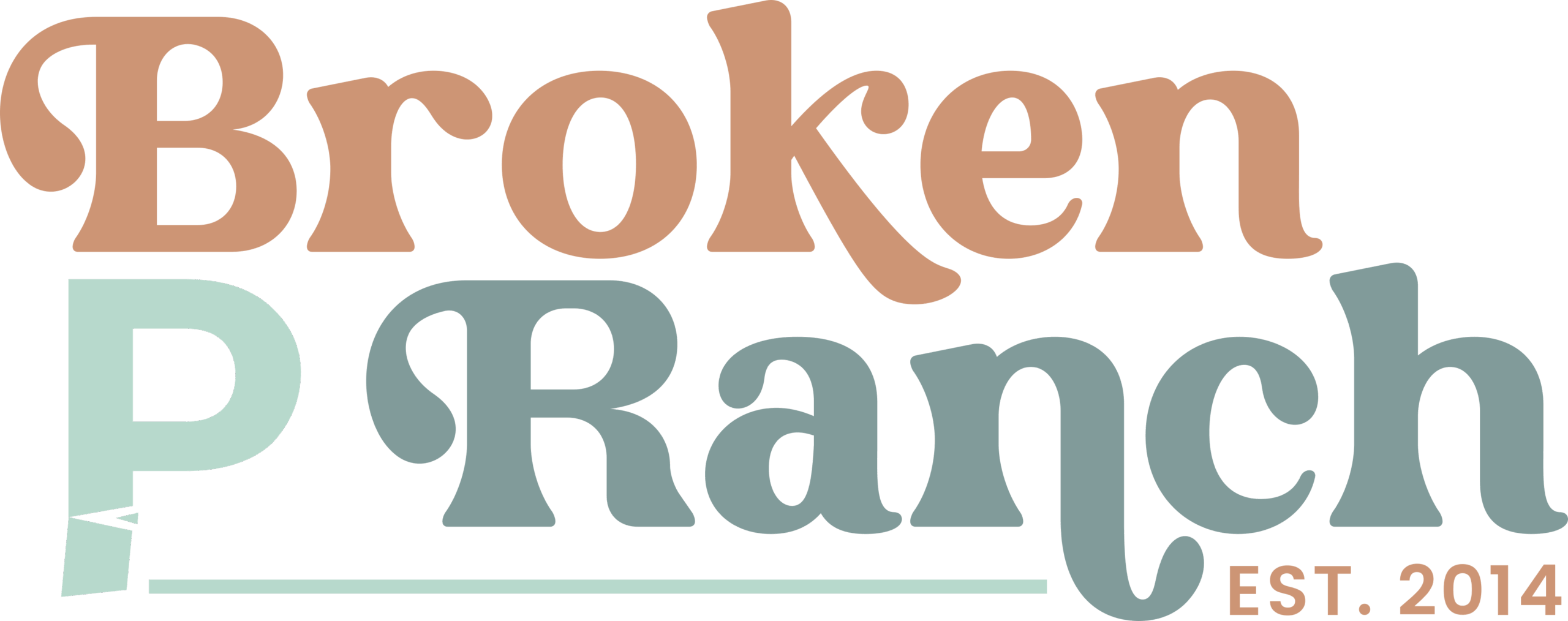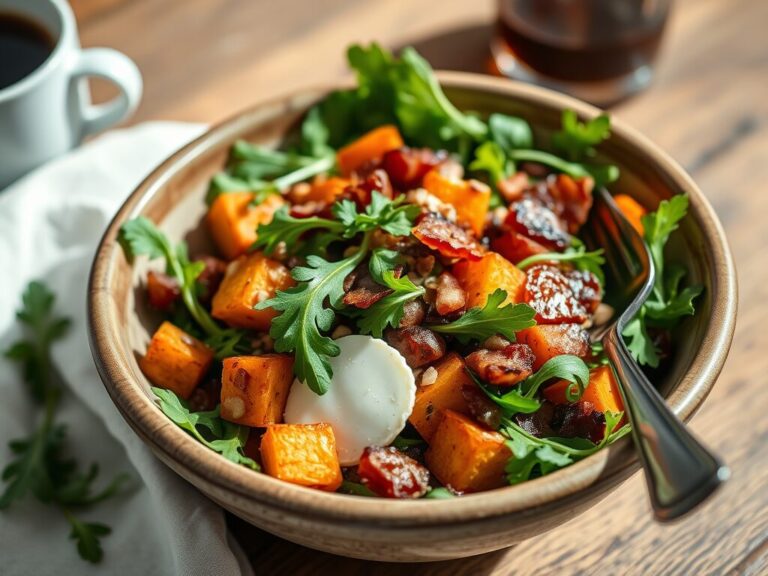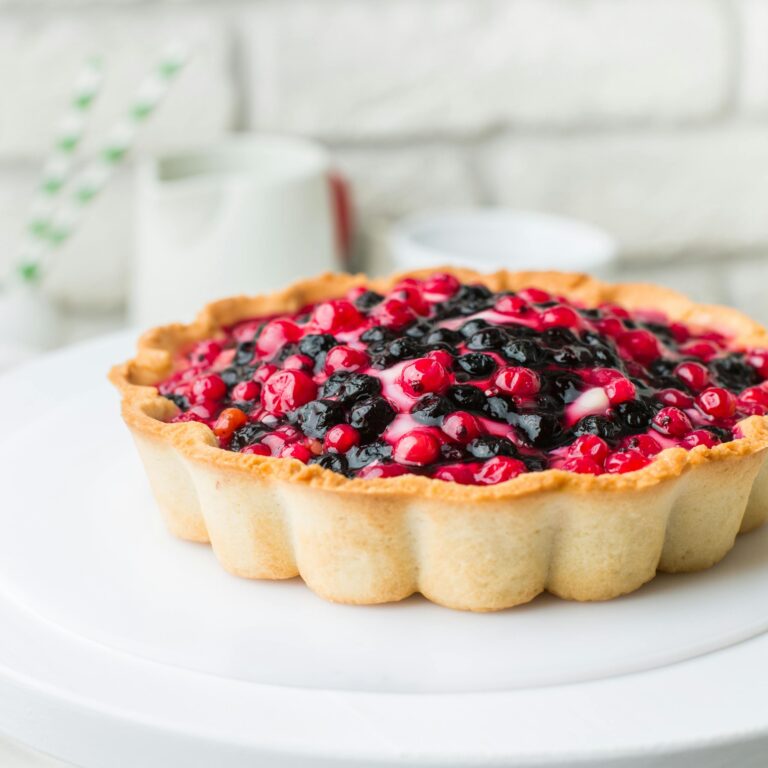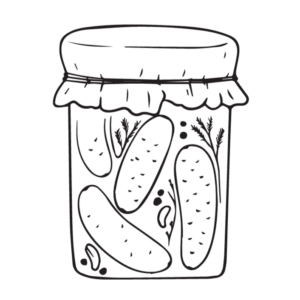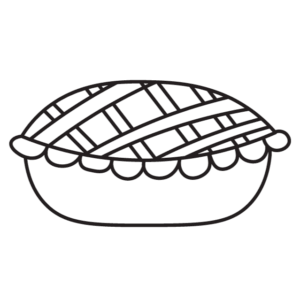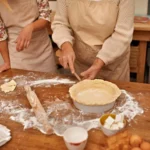There’s a video that’s been making the rounds on social media lately, and it’s simultaneously the most impressive and most depressing thing I’ve seen in weeks.
It shows a robot making pie crust. Not just any pie crust, mind you, but perfect, flaky, golden pie crust that looks like it stepped out of a magazine photoshoot. The robot’s movements are precise, calculated, efficient. It measures ingredients exactly, rolls the dough to the perfect thickness, and crimps the edges with mechanical precision.
The comments section is full of people marveling at the technology, talking about how this will revolutionize baking, how convenient it will be to have robots handle all our cooking.
And I’m sitting here thinking: We’ve officially lost our damn minds.
Don’t get me wrong—I’m not anti-technology. I’m literally typing this on a computer that I’ll publish to the internet, where thousands of people can read it instantly. Technology has given us incredible tools and capabilities.
But when we start replacing the simple act of making pie crust with robots, we’ve crossed a line that I’m not sure we should have crossed.
Because making pie crust isn’t just about having pie crust.
When I roll out dough in my kitchen, I’m not just preparing food. I’m connecting with generations of women who stood in their own kitchens, flour dusting their aprons, learning through trial and error how to create something beautiful and nourishing with their own hands.
I’m teaching my daughter that humans are capable of transforming simple ingredients—flour, butter, water, salt—into something magical through patience, practice, and attention. I’m showing her that the best things in life require time and effort, not just the push of a button.
I’m engaging my senses in ways that screen time never could. The feel of properly mixed dough under my hands. The smell of butter and flour coming together. The satisfaction of seeing a perfect crust emerge from the oven, knowing I created it myself.
These aren’t inefficiencies to be optimized away. They’re features, not bugs.
But our culture has become so obsessed with convenience and efficiency that we’re willing to outsource even the most basic human activities to machines. We act like spending time creating something with our hands is somehow wasteful, like we should be doing something more “productive” instead.
This is the same mentality that gave us:
- Meal replacement shakes instead of sitting down to eat actual food
- Social media instead of having real conversations
- Virtual reality instead of going outside
- Meditation apps instead of learning to be quiet with our own thoughts
We keep trying to engineer the human experience out of human life, and then we wonder why we feel so disconnected and empty.
The robot that makes perfect pie crust will never feel the satisfaction of finally mastering a technique that took months to learn. It will never experience the joy of sharing something homemade with people it loves. It will never pass down knowledge to the next generation or create memories in the kitchen with a child who’s standing on a stool, covered in flour, asking a million questions.
The robot will make perfect pie crust, but it will never know why that matters.
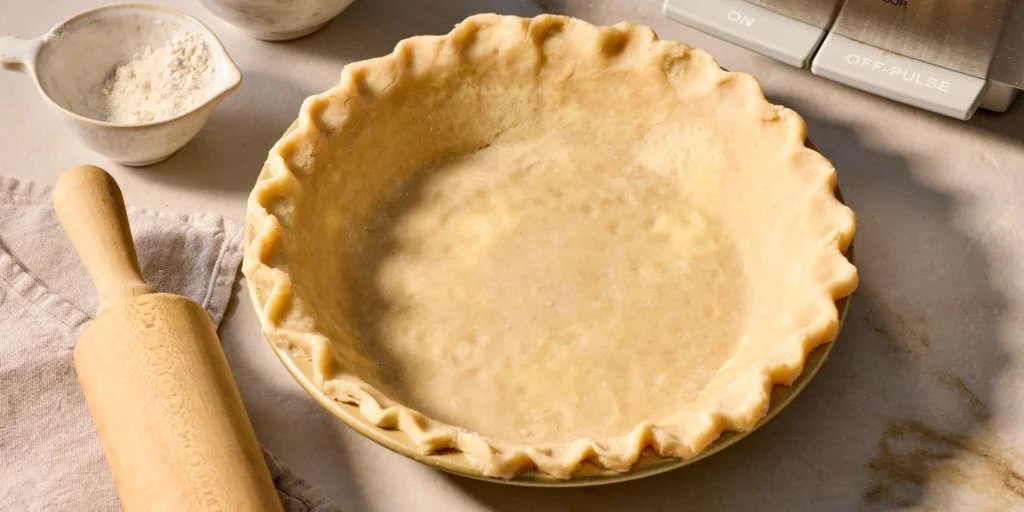
And here’s what really gets me: we’re choosing to give up these experiences voluntarily. Nobody’s forcing us to replace human skills with robotic efficiency. We’re doing it because we’ve been convinced that anything that takes time or effort is somehow backwards or inefficient.
We’ve bought into the lie that the goal of technology should be to eliminate as much human activity as possible, as if being human is a problem to be solved rather than an experience to be embraced.
I understand the appeal of convenience. I really do. After a long day of work, the idea of having a robot make dinner while you put your feet up sounds pretty tempting. But what happens when we outsource all the activities that make us feel human?
What happens when we no longer know how to create anything with our own hands? When we’ve lost the patience required for processes that can’t be rushed? When we’ve forgotten that some of life’s greatest satisfactions come from overcoming challenges and mastering skills?
We become consumers instead of creators. Passengers instead of participants. Spectators instead of players.
And then we spend billions of dollars on therapy, self-help books, and wellness programs trying to reclaim the sense of purpose and satisfaction we lost when we decided that human activities weren’t worth our time.
There’s a reason why people are so drawn to homesteading, crafting, gardening, and other traditional skills right now. It’s not nostalgia or romanticism—it’s a deep human need to participate in the creation of our own lives instead of just consuming what others create for us.
When I make pie crust, I’m not just making food. I’m exercising creativity, developing patience, building confidence in my own capabilities, connecting with tradition, engaging my senses, and creating something beautiful that didn’t exist before.
The robot can’t do any of that. It can only produce the end product.
But the end product was never the point.
The point is the experience of being human. The point is the satisfaction that comes from transforming raw materials with your own hands. The point is the knowledge that you’re capable of creating something beautiful and useful. The point is the connection to generations of humans who solved the same problems and developed the same skills.
The point is remembering that you’re more than just a consumer, more than just someone who pushes buttons and buys things. You’re a creator, a problem-solver, a person capable of beautiful and practical things.
So let the robots make perfect pie crust if they want to. I’ll be in my kitchen, flour in my hair and satisfaction in my heart, making imperfect pie crust that tastes like home and memories and the irreplaceable experience of being fully, messily, beautifully human.
Because some things shouldn’t be optimized. Some things should be savoured.
And pie crust, my friends, is definitely one of those things.
